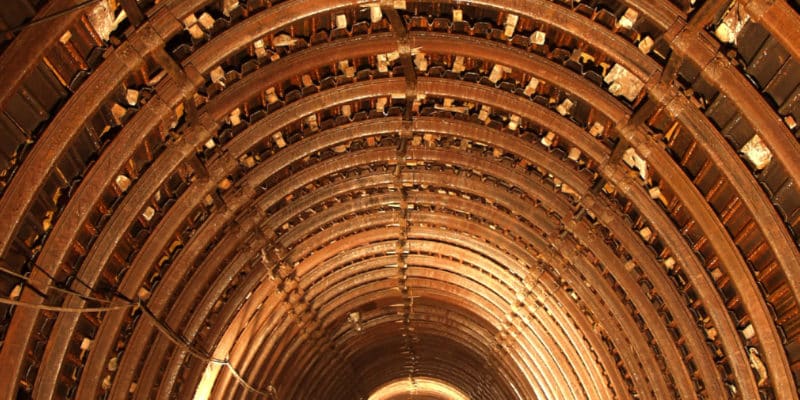Foes say it adds costs to projects, but New York should strengthen this mandate
Patrick Purcell
February 19, 2019 12:00 AM
New York cannot afford to continue subsidizing a developers’ paradise with little to no public responsibilities tied to these taxpayer dollars.
This is a reality that Gov. Andrew Cuomo understands well. His inclusion of prevailing wage requirements on publicly subsidized projects in his budget proposal is a testament to that.
On the other side, there are forces with little interest in understanding just why prevailing wage requirements are so critical to the economic health and development of New York. An analyst for the Empire Center for Public Policy was quoted in a recent article stating, “New York’s prevailing wage mandate is an archaic law that needlessly adds 25% to the cost of construction in the city.” He said that outside of New York, the law increases project costs by 13%.
Now, these claims aren’t completely wrong. New York does have legislation that is archaic-legislation that gives private developers a loophole to take public subsidies for their projects with no responsibility to taxpayers in return. Countless projects across the state have received subsidies with zero wage requirements attached them. Just one example is Fresh Direct in the Bronx.
…
Those opposed to prevailing-wage legislation based on mistaken beliefs about increased construction costs also fail to take into account that the cost of living in New York is high. When developers come to New York-and especially when they building on taxpayers’ dime-they should have to pay their workers livable wages.
Counter to the idea that prevailing-wage mandates needlessly add to the cost of construction are the actual facts.
Fact: Prevailing wages would boost the economy upstate and downstate.
Fact: Mandating wage standards and taxpayer benefits would generate an additional $3.5 million to $6.9 million in annual sales tax revenue.
Cuomo sees the bigger picture. He recognizes that prevailing wage requirements are critical to get the best return on investment for taxpayer dollars and create jobs that serve New Yorkers rather than exploit them as many developers would do if it were up to them. Without these mandates and a clearer definition of public works, developers will continue to capitalize on loopholes in definitions of private projects and a lack of accountability to workers and taxpayers alike.
It’s up to Albany to do what is right for New York and pass public-works legislation before April 1. Tick tock.
Patrick Purcell is executive director of the New York State Laborers’ Union, which represents more than 40,000 construction workers


